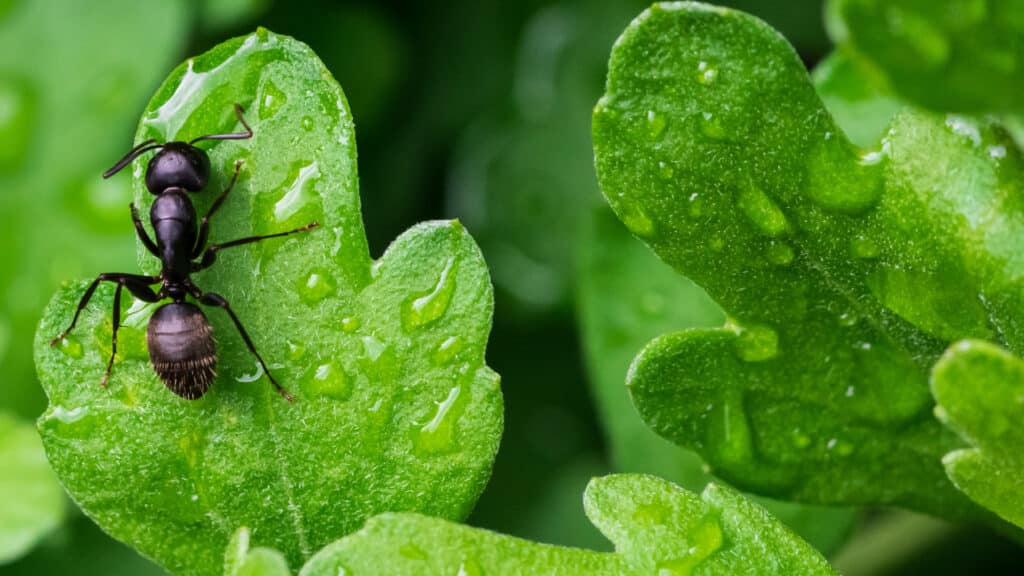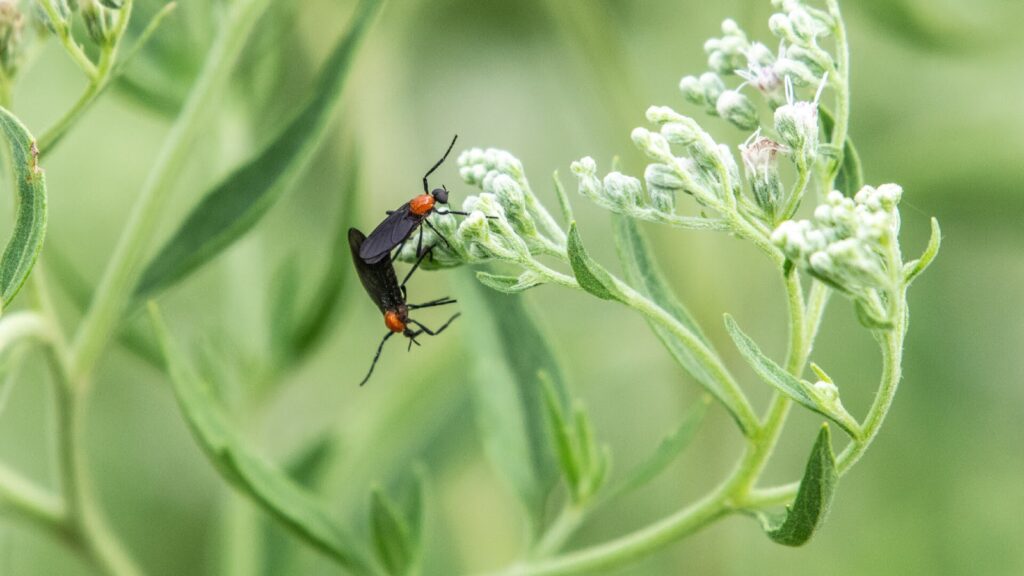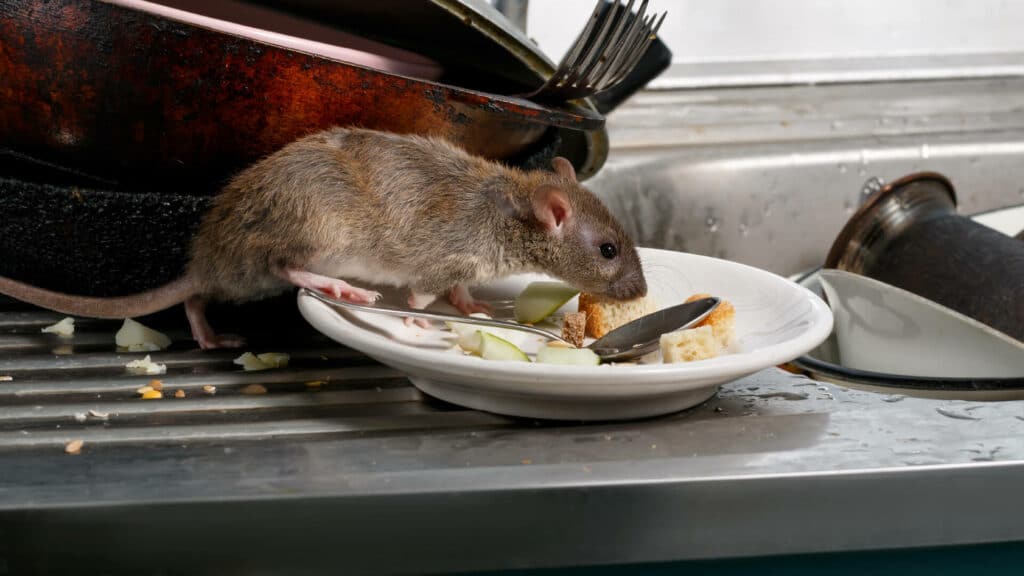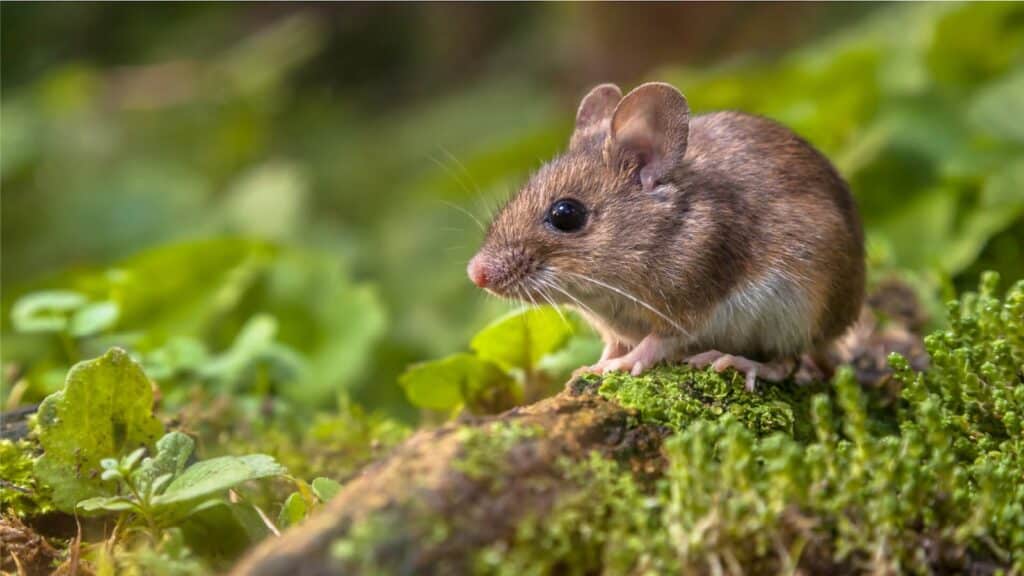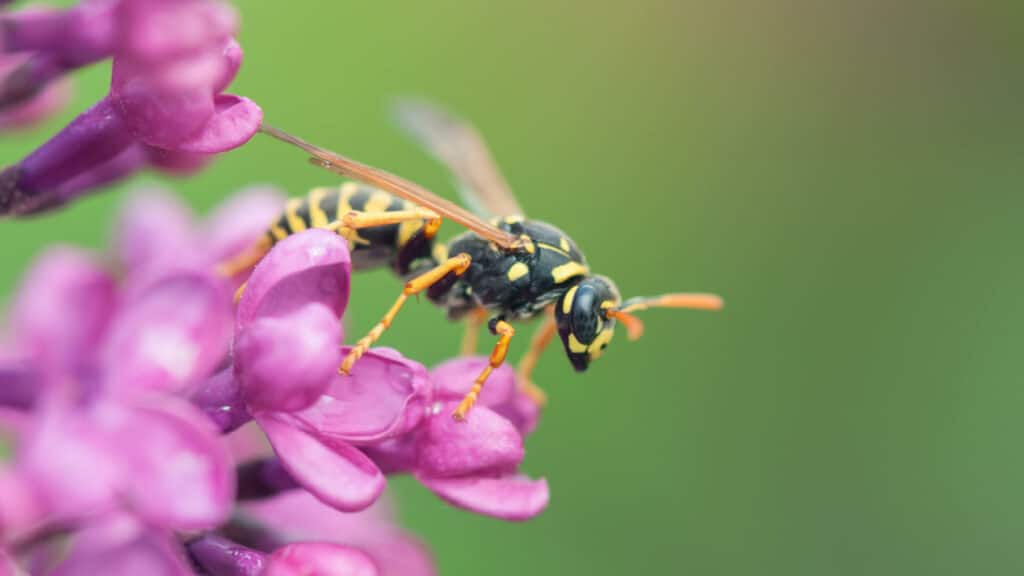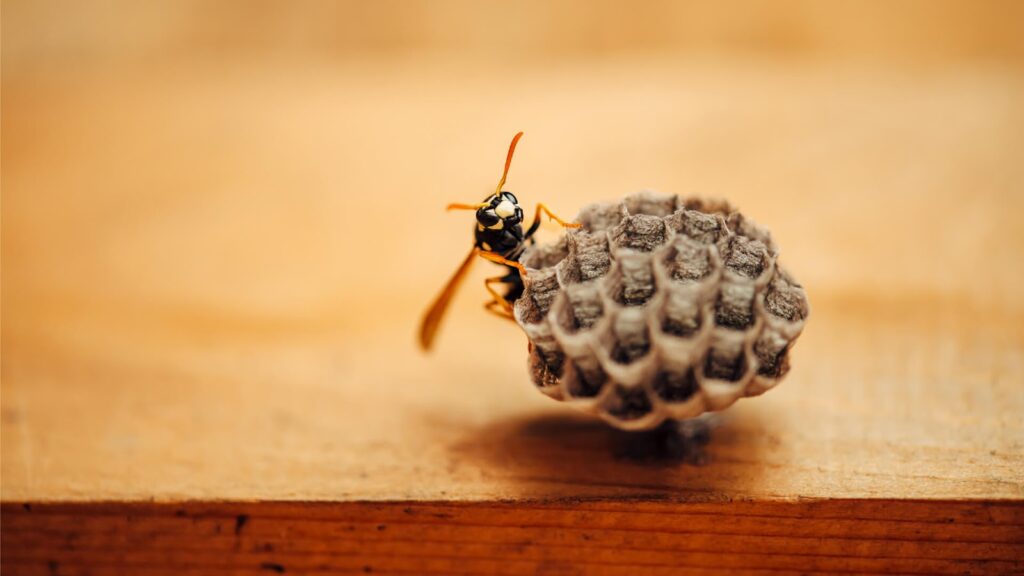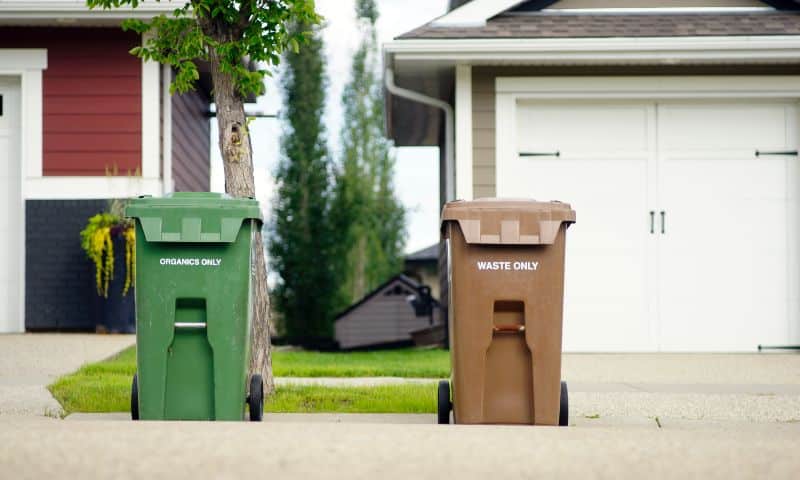Sometimes, no matter how much you clean, your efforts aren’t enough to keep pest infestations at bay. Cockroaches are one type of pest that will feed on almost anything in a home, and once they’re inside, these bugs can hide and reproduce rapidly within the smallest of cracks and crevices. However, a cockroach infestation doesn’t necessarily point to a dirty home. In the United States, American, German, and Oriental are the most commonly found species of roaches, and these species will sneak indoors to look for food, water, and shelter.
What Causes Cockroaches in a Clean House?
These pests are drawn toward dark, warm environments with ample food sources. Because roaches eat nearly anything, this makes rooms like your kitchen, basement, attic, and even bathroom vulnerable to a roach infestation. As well as being visually unappealing, a roach infestation can pose a threat to you and your family’s health. Cockroaches often carry diseases, like salmonella and gastroenteritis, which can then be transmitted to humans through contaminated food. The following factors are some of the most common reasons why a clean home gets infested by roaches.
Dark, moist areas
Cockroaches love humidity, and compact, damp areas of your home are no exception. If you’ve ever noticed roaches crawling around your bathtub or bathroom sink, it’s because rooms like these are often the perfect breeding ground for roaches. These pests will congregate near any amount of standing water, so if you notice several roaches near your kitchen sink or washing machine, it may be a sign you have a leaky pipe that’s collecting water.
Piles of packing supplies
A cockroach's diet can include anything from leather and hair to glue and cardboard. This means areas that are cluttered with moving boxes and old belongings, like an attic or basement, are easy targets for cockroaches searching for shelter. Because these areas also attract other pests, it’s best to keep storage areas in your home as tidy and free of debris as possible.
Stored food and leftover crumbs
Unfortunately, the versatile diet of cockroaches also includes human food. These pests will snack on sugary foods and starches, as well as any meat products they can gain access to. Roaches often seek shelter in dark pantries and underneath kitchen appliances, like the refrigerator and sink, because of the easily accessible food found in these areas.
Untidy landscaping
Like other common household pests, specifically mice and spiders, roaches love hiding in unkempt flower beds and overgrown bushes. Any standing water left from a thunderstorm will draw these pests toward overgrown greenery, and piles of wood will provide plenty of food and shelter for these insects to live and reproduce.
The regional climate
Homeowners in the southern United States, where the climate is warmer and more humid year-round, are more likely to attract large amounts of roaches. This may only amount to a few American cockroaches crawling in through your windows or doors, but it’s still important to remove these bugs as soon as you spot them because of the short time these pests can reproduce. If a female cockroach manages to drop a single egg capsule while crawling through your home, you could be housing up to 16 baby roaches within a month.
How to Get Rid of Cockroaches
It’s no secret that cockroaches are one of the toughest bugs to exterminate. These pests are immune to most pesticides and at-home pest control treatments, and often require a professional for a full extermination. There are a few tricks you can try, however, before giving a professional a call.
Glue strips
Because these pests are highly attracted to glue, placing several glue strips near infected areas will draw these bugs out of small crevices and trap them. This process can take several days to multiple weeks, so this is recommended only if the infestation is minor.
Caulking
If there’s one thing more important than killing the roaches already living inside your home, it’s preventing any more from getting in. Use caulking to fill any cracks or holes in your walls and baseboards to deter these pests from sneaking through. This can also be a helpful measure for protecting your home against the winter chill.
Boric acid powder
While it can be dangerous if misused, boric acid is one of the most effective roach-killers available. To properly use this chemical, spread the powder on surfaces close to the affected areas. The acid will cling to the roaches’ bodies when they walk across it, and when they clean themselves, they will ingest the toxic powder and die. Unfortunately, using too much boric acid can impact the effectiveness of the method. Spreading a very thin layer in the most highly-infested areas will make your efforts as successful as possible, and hopefully rid your home of any of these hard-bodied pests.
Maintaining a clean home will decrease your chances of attracting roaches, but sometimes, it’s still not enough. Several factors can cause roaches to inhabit a clean house. If you find yourself tackling a cockroach infestation, call the pest experts at your local Aptive Environmental branch to learn about our professional, effective pest control treatment plans.
